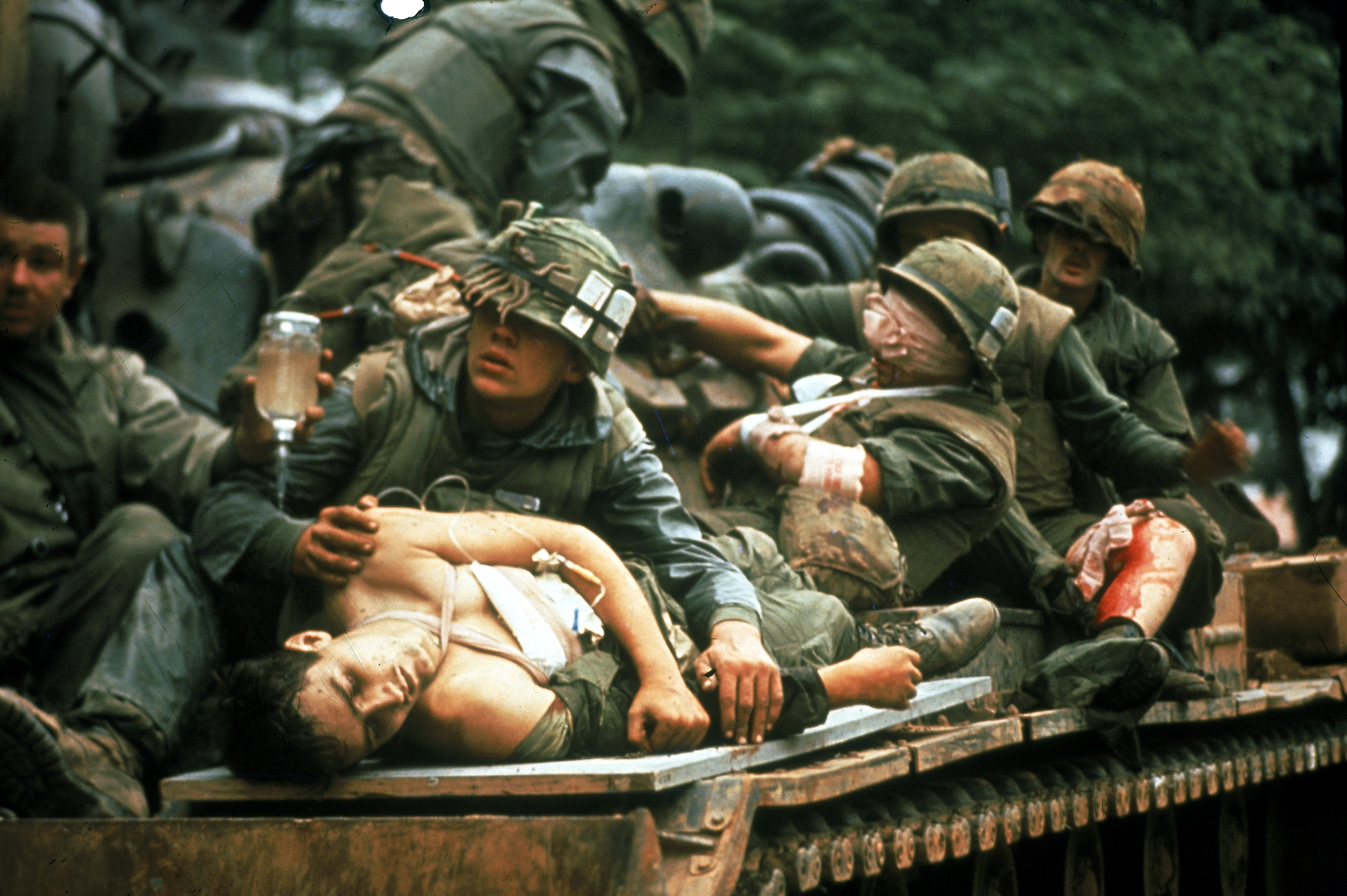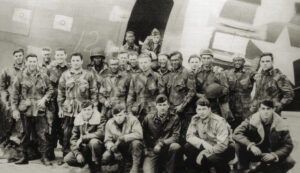A through-the-ages compendium of definitions by poets, philosophers, historians, heads of state, military leaders, critics, writers, and others
War is men’s business.
Homer, ancient Greek poet, quoting Hector in The Iliad
War is sweet to those who have no experience of it. But the experienced man trembles exceedingly in his heart at its approach.
Pindar (ca. 518–438 bce), ancient Greek lyric poet, quoted in Adagia (The Adages), by Dutch philosopher and scholar Desiderius Erasmus (1500)
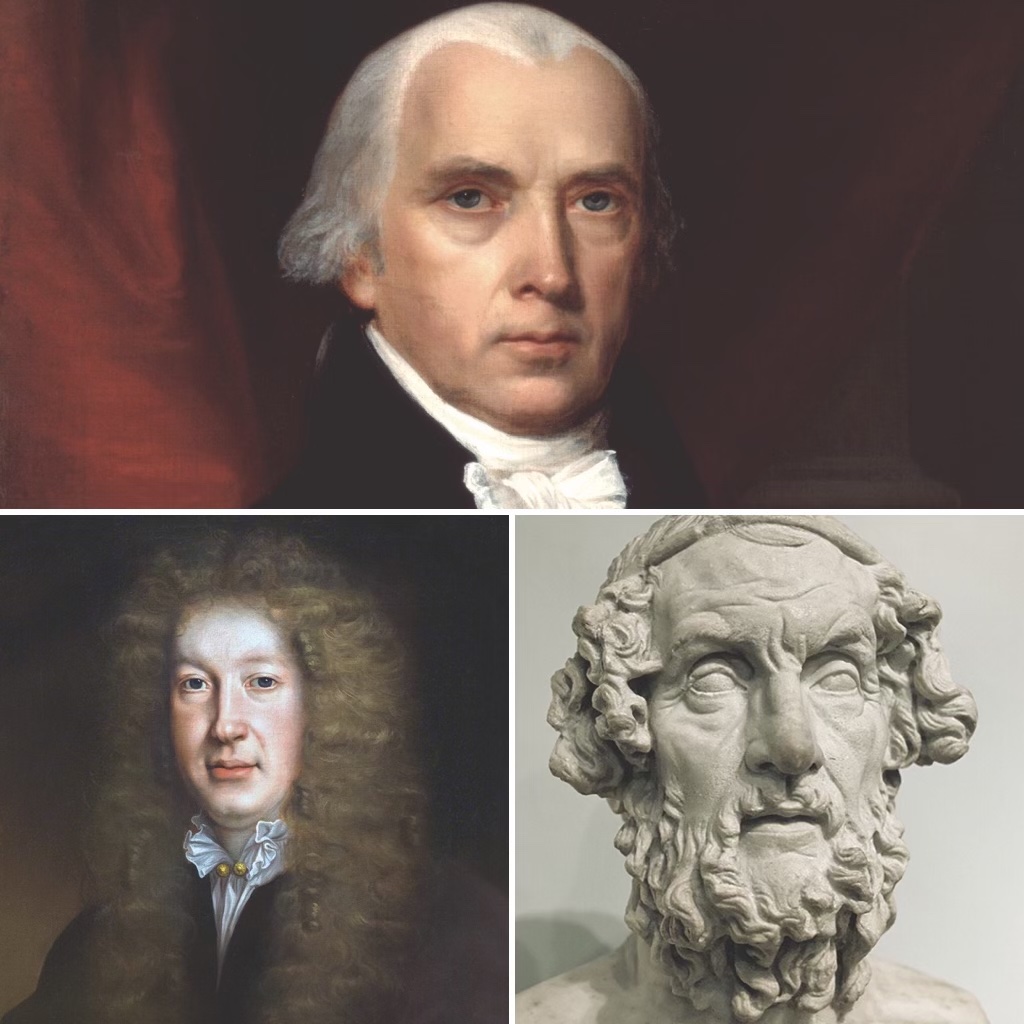
War is the trade of kings.
John Dryden (1631–1700), English poet, dramatist, and literary critic, in King Arthur (1691)
War, in its fairest form, implies a perpetual violation of humanity and justice.
Edward Gibbon (1737–1794), British historian, in The Decline and Fall of the Roman Empire (1776–1788)
War is the business of barbarians.
Napoleon Bonaparte (1769–1821), French statesman and military leader
War is merely the continuation of politics by other means.
Carl von Clausewitz (1780–1831), Prussian general and military theorist, in Vom Kriege (On War) (1832)
Unless a nation’s life faces peril, war is murder.
Mustafa Kemal Atatürk (1881–1938), Turkish field marshal and statesman, in a 1923 speech
Of all the enemies to public liberty war is, perhaps, the most to be dreaded, because it comprises and develops the germ of every other. War is the parent of armies; from these proceed debts and taxes; and armies, and debts, and taxes are the known instruments for bringing the many under the domination of the few.
James Madison (1751–1836), U.S. president, in “Political Observations” (1795)
It is well that war is so terrible, or we should grow too fond of it.
Robert E. Lee (1807–1870), Confederate general in the Civil War, during the Battle of Fredericksburg (1862)
War is an ugly thing, but not the ugliest of things: the decayed and degraded state of moral and patriotic feeling which thinks that nothing is worth a war, is much worse.
John Stuart Mill (1806–1873), British philosopher and economist, in Principles of Political Economy (1848)
War is a brutal and fierce means of pacification; it means the suppression of resistance by the destruction or enslavement of the conquered.
Henri-Frédéric Amiel (1821–1881), Swiss philosopher and critic, in Journal Intime (1876)
War is a quarrel between two thieves too cowardly to fight their own battle; therefore they take boys from one village and another village, stick them into uniforms, equip them with guns, and let them loose like wild beasts against one other.
Thomas Carlyle (1795–1881), British essayist and historian, as paraphrased by Emma Goldman in “Patriotism: A Menace to Liberty” (1911)
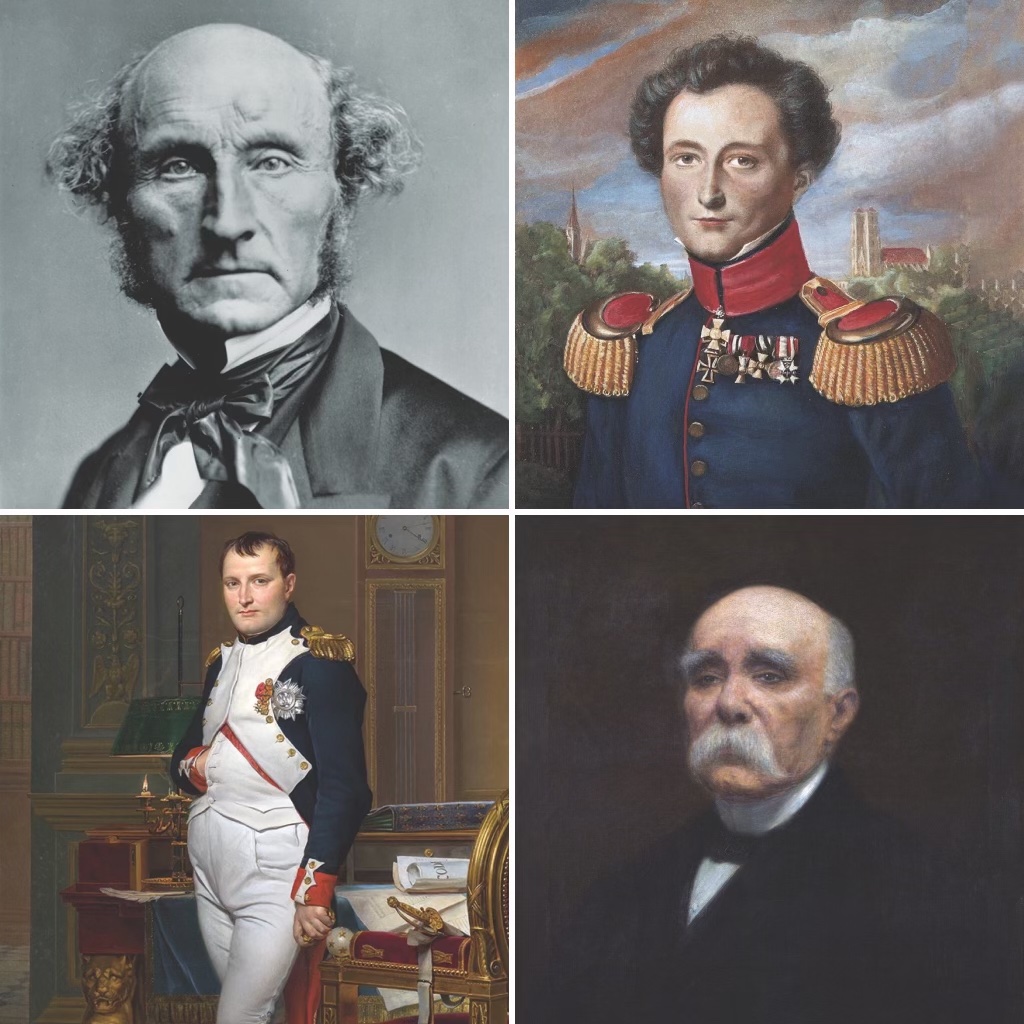
War is at best barbarism. Its glory is all moonshine. It is only those who have neither fired a shot nor heard the shrieks and groans of the wounded who cry aloud for blood, more vengeance, more desolation. War is hell.
William Tecumseh Sherman (1820–1891), Union general during the Civil War, in an 1879 address to the graduating class at the Michigan Military Academy
War is a monster with snaky locks, and fiery bloodshot eyes, and harpy claws, passing over fair fields and leaving its footprints in burning villages, dying men, weeping wives and children, and needs to be seen by those who so eagerly clamour for it at every opportunity.
Moncure D. Conway (1832–1907), American abolitionist minister and reformer, in Platt’s Essays (1884)
War is not a polite recreation but the vilest thing in life, and we ought to understand that and not play at war.
Leo Tolstoy (1828–1910), Russian writer, in War and Peace (1865–69)
War is a contagion.
Franklin D. Roosevelt (1882–1945), U.S. president, in the Quarantine Speech (1937)
War is peace.
George Orwell (1903–1955), British author, in 1984 (1949)
War is too important a matter to be left to the military.
Georges Clemenceau (1841–1955), French statesman and journalist, as quoted in Soixante Anneés d’Histoire Française, by Georges Suarez (1932)
War is only a cowardly escape from the problems of peace.
Thomas Mann (1875–1955), German writer, in This I Believe: The Personal Philosophies of One Hundred Thoughtful Men and Women, by Edward R. Murrow (1952)
War is not two great armies meeting in the clash and frenzy of battle. War is a boy being carried on a stretcher, looking up at God’s blue sky with bewildered eyes that are soon to close; war is a woman carrying a child that has been injured by a shell; war is spirited horses tied in burning buildings and waiting for death; war is the flower of a race, battered, hungry, bleeding, up to its knees in filthy water; war is an old woman burning a candle before the Mater Dolorosa for the son she has given.
Mary Roberts Rinehart (1876–1958), American writer and war correspondent, in a report on World War I, Saturday Evening Post (1915)
War is an episode, a crisis, a fever the purpose of which is to rid the body of fever. So the purpose of a war is to end the war.
William Faulkner (1897–1962), American novelist and short-story writer, in A Fable (1954)
War is like a fire….One man may start it, but it will spread all over.
T. H. White (1906–1964), British writer, in The Once and Future King (1958)
War is mainly a catalogue of blunders.
Winston Churchill (1874–1965), British statesman, army officer, and writer, in The Second World War, Volume 3: The Grand Alliance (1950)
All war is a symptom of man’s failure as a thinking animal.
John Steinbeck (1902–1968), American novelist and war correspondent, in Once There Was a War (1958)
A hospital alone shows what war is.
Erich Maria Remarque (1898–1970), German novelist, in All Quiet on the Western Front (1929)
Politics is war without bloodshed, while war is politics with bloodshed.
Mao Zedong (1893–1976), Chinese Marxist theorist, soldier, military strategist, and stateman, in “On Protracted War” (1938)
War is the supreme drama of a completely mechanized society.
Lewis Mumford (1895–1990), American historian and social critic, in Technics and Civilization (1934)
It is true that war is a horribly fascinating thing, however much man may hate it.
Robert Sherrod (1909–1994), American war correspondent and author, in a letter to Time Inc. publisher Henry Luce (1945)
I will tell you what war is. War is a psychosis caused by an inability to see relationships. Our relationship with our fellowmen. Our relationship with our economic and historical situation. And above all our relationship to nothingness, to death.
John Fowles (1926–2005), British novelist, in The Magus (1965)
War is fear cloaked in courage.
William Westmoreland (1914–2005), U.S. Army general, writing in McCall’s magazine (1966)
War is what happens when language fails.
Margaret Atwood (1939–), Canadian writer, in The Robber Bride (1993)
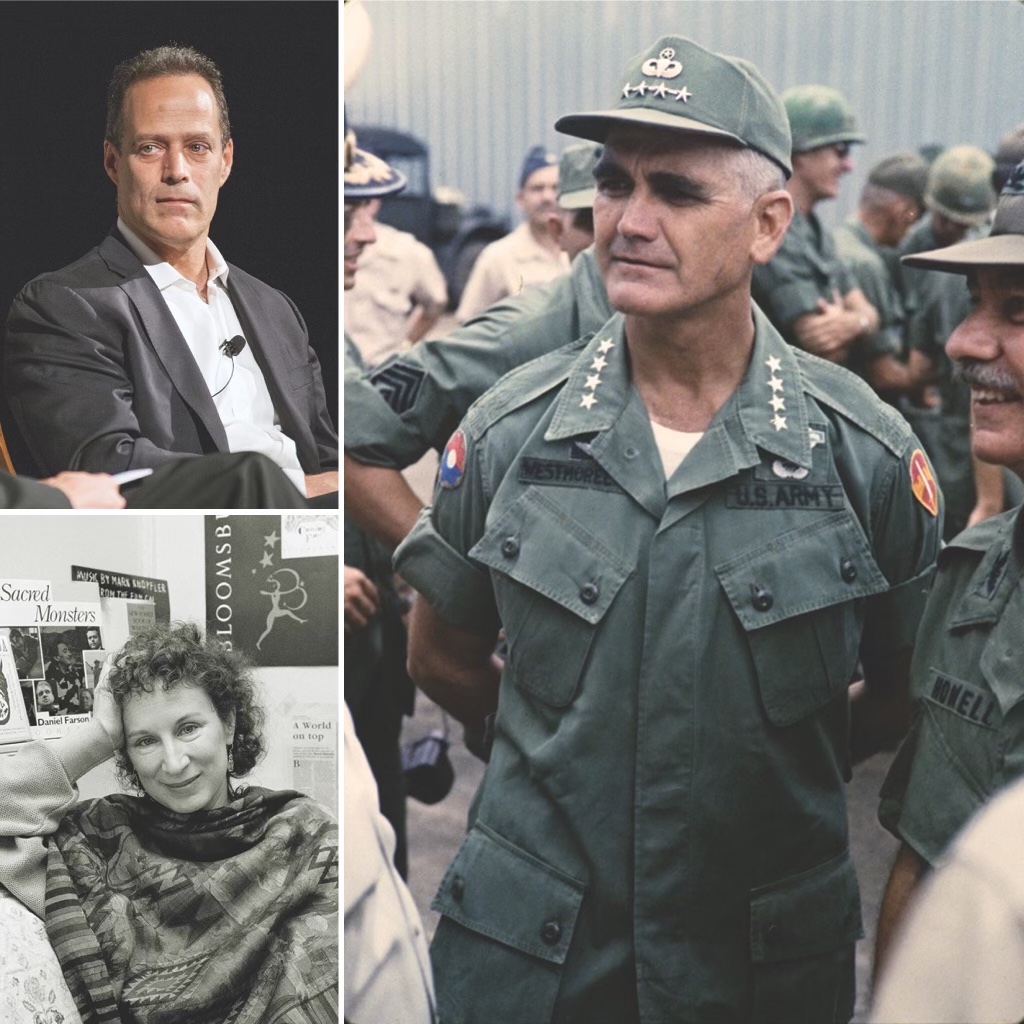
War is a bit like other people’s marriages; it’s hard enough to understand even when you know all the facts. When you only know one side of the story, you have no chance.
Hew Strachan (1945–), British military historian, in The First World War: Volume 1: To Arms (2001)
War is life multiplied by some number that no one has ever heard of.
Sebastian Junger (1962–), American journalist, author, and filmmaker, in War (2010)
[hr]
This article appears in the Winter 2020 issue (Vol. 33, No. 2) of MHQ—The Quarterly Journal of Military History with the headline: War List | War is…

Want to have the lavishly illustrated, premium-quality print edition of MHQ delivered directly to you four times a year? Subscribe now at special savings!

